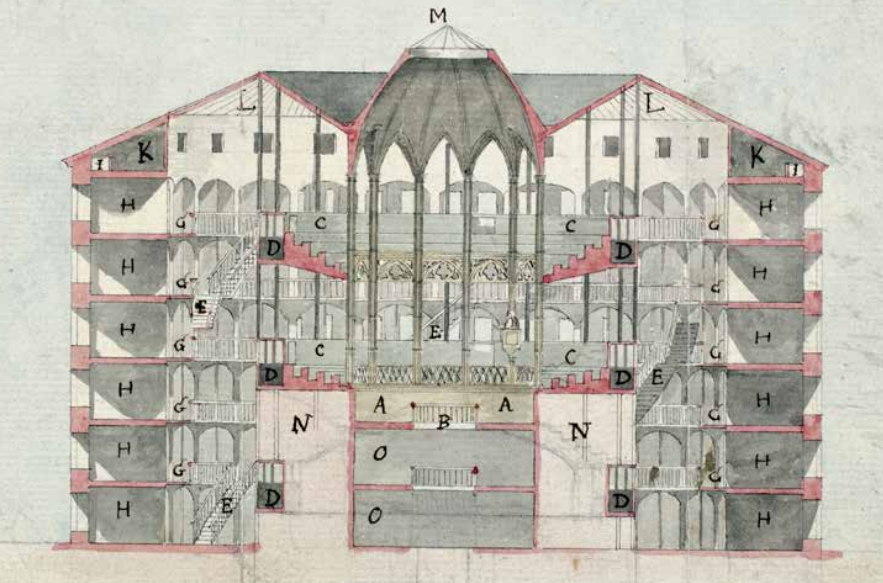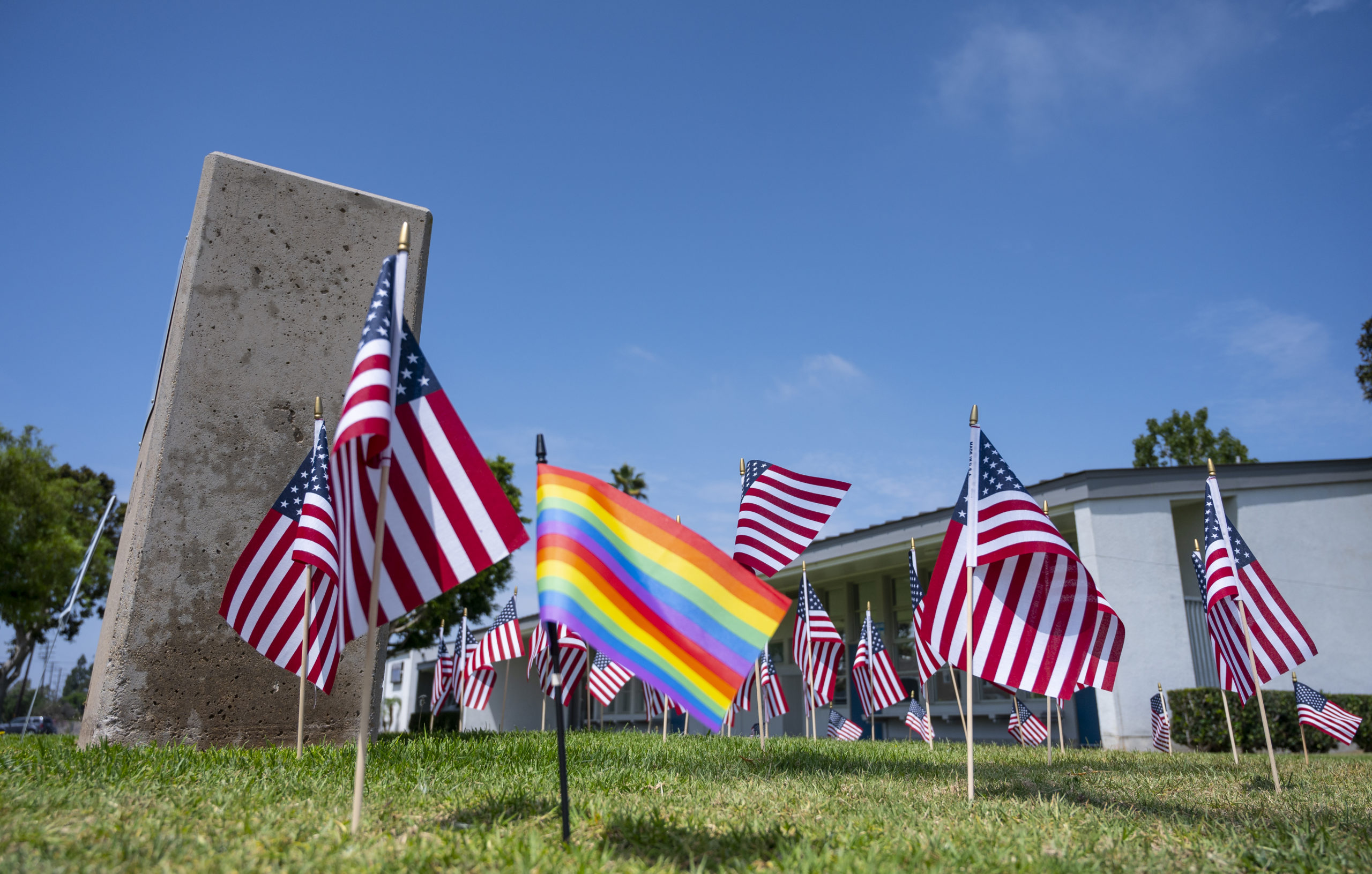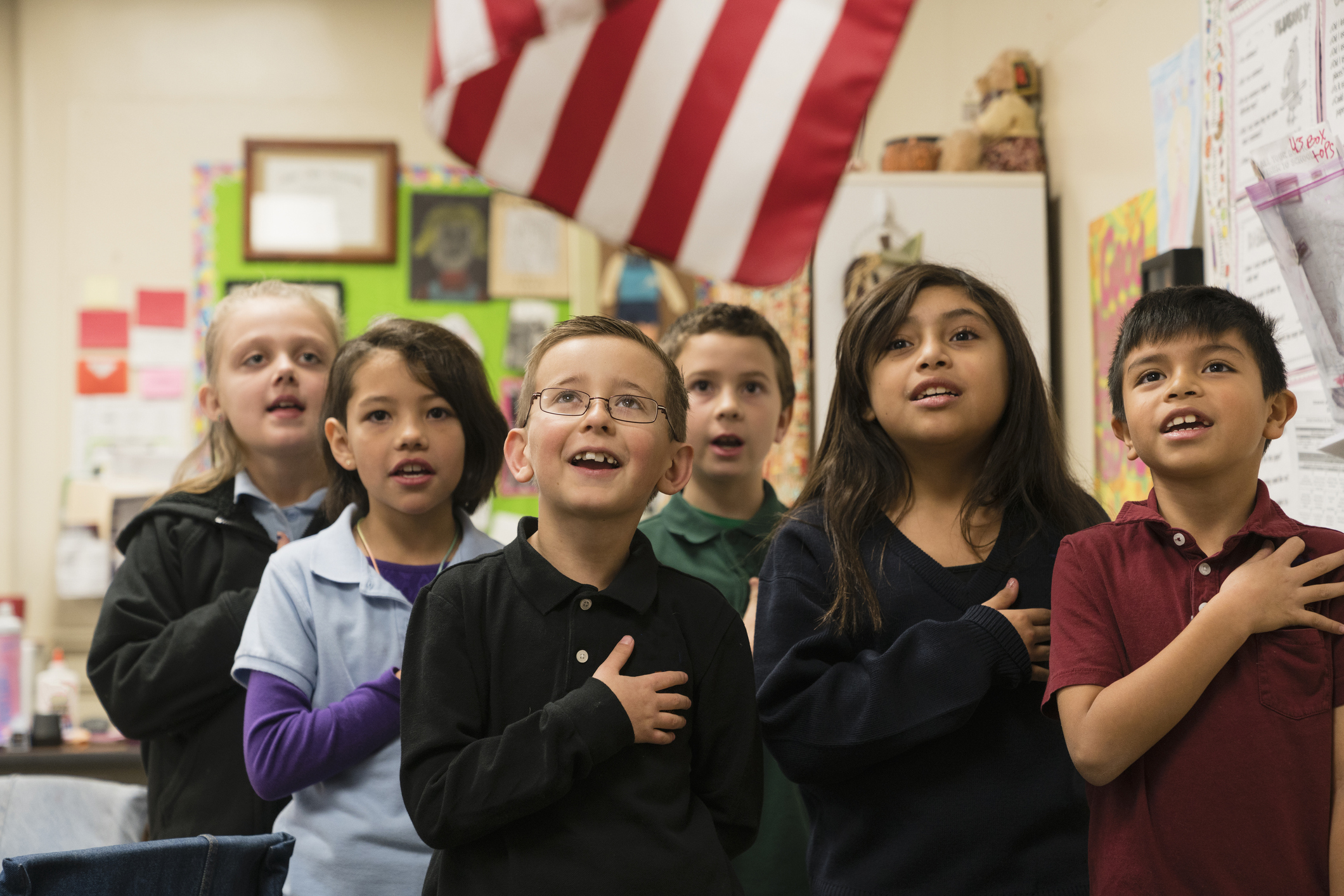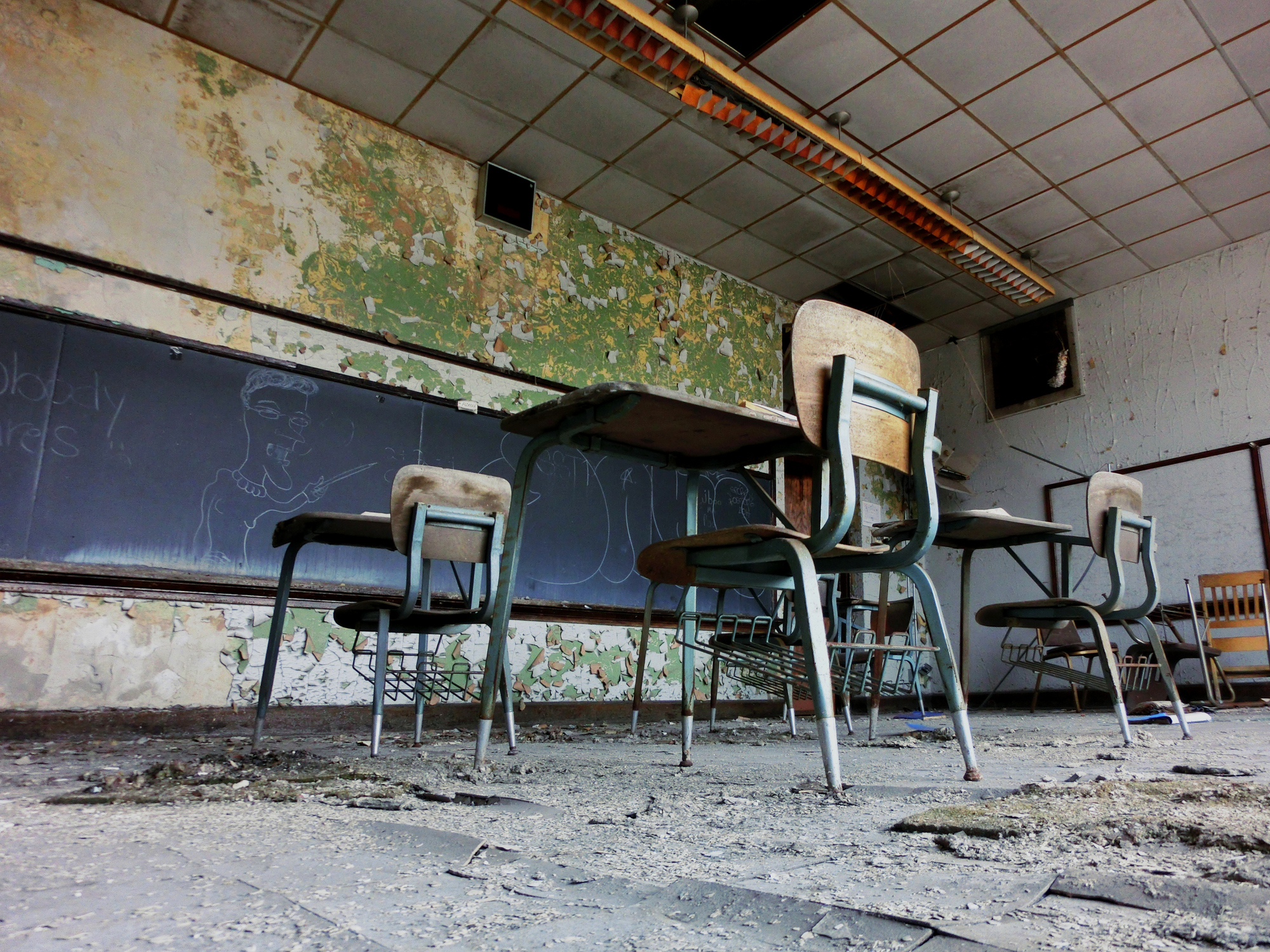Arguments against school choice miss the mark.
Concentration Campus

A view of the modern panopticon.
America’s college administrators have the souls of NKVD agents. Like the old Soviet secret police, these higher education commissars leap at the chance to assert total and unquestioned control over those under their dominion. American college campuses, in the wake of the Coronavirus crisis, have become dystopias replete with mass surveillance, imprisonment, and intensive regulation of normal social interaction.
This should profoundly disturb the American people. Fringe ideas on college campuses today are the ruling orthodoxies of tomorrow. Despite potential challenges, the American university system retains hegemony on access to the credentials necessary to join the ruling class. Every single one of tomorrow’s politicians, administrators, and technocrats is sitting in a college classroom today.
Excepting Hollywood and Silicon Valley, no institution in American life has more power over shaping the future of the country than America’s universities. Bad ideas there become bad ideas everywhere.
For the current crop of college administrators, the English philosopher Jeremy Bentham’s panopticon isn’t just the model for the ideal prison, but a model for the ideal college campus. America’s universities are a foreshadowing of the future. The intrusion into personal life justified by the Coronavirus is, in fact, the “new normal.” There will be no return. Not if America’s universities have anything to say about it.
At Albion College, for instance, school administrators demanded back in August that every student download a tracking app so the school could monitor them at all times. Students who left campus without permission would be suspended. Students were barred from shutting off the app. At SUNY Oneonta in New York, a female student who tested positive for coronavirus was escorted from her dorm in the middle of the night by a college official in a hazmat suit. At the University of Arizona, officials are testing sewage from the dorms in order to direct quarantines more effectively.
Eleven Northeastern students hanging out together without masks or social distancing were immediately expelled and refused refunds of their $36,000 tuition. The College later backtracked and reimbursed a portion of the tuition cost, but only after the threat of lawsuits. San Diego State University hired an outside private security company to patrol its campus for any transgressions of coronavirus social distancing regulations. Over Labor Day weekend, the students were confined to their dorms save for essential activities.
Allegheny College President Hilary Link quarantined her entire student body on campus for a week, preventing students from leaving for any reason, while she herself attended an off-campus soccer game. Notre Dame banned students in residence halls from gathering more than 2 to a room with the door closed. The college also established a hotline to report coronavirus violations and encourages those filing a report to include specific names, addresses, and details.
I could go on.
These extraordinarily disruptive regulations are utterly inconsistent with the actual threat to students and faculty. America is home to roughly 20 million college students and 1.5 million professors. There are untold millions more support staff, workers, and administrators. The New York Times, which maintains a comprehensive analysis of coronavirus cases on college campuses, managed to find only 80,000 positive cases and just 60 deaths. Most of those deaths occurred in the Spring.
By this count, the odds of a given college student or faculty member dying from Coronavirus are less than 1 in 300,000.
The numbers make clear that safety and health, from a common-sense perspective, aren’t the point of the crackdown on college activities. But common sense went out the window a long time ago. Our current crop of Covid totalitarians have a utopian vision. Capable of commanding tremendous resources and technology, they have set their sights on eliminating death and suffering—no matter the cost. The Coronavirus has given them the opportunity to implement this view on a massive scale. If bare life is all that matters and if freedom, love, and community are not considerations, then the response of America’s college administrators to the illness is perfectly logical.
This utopian vision is a product of much deeper spiritual impulses that cannot be explained away by belief in “science” or political ideology. The longing to crush youth, vitality, and active life goes much deeper.
Nietzsche, in Aphorism 55 of Beyond Good and Evil, provides a window into this drive. He writes of the “celebratory joy” that “sparkles in the cruel glance of the ascetic, of the enthusiastic ‘anti-natural man.’” For the religious fanatic (and the lockdown proponents certainly qualify) ascetism, self-denial, and sacrifice are a way to demonstrate purity and devotion. Wearing the mask, crushing social life, and forcing others to submit is part of a new religious experience. Human beings need collective meaning and purpose. The life of endless comforts and material pleasures accessible to the educated classes lacks such higher meaning. The “pandemic,” for many in the concentration campus vanguard, provides that purpose. The virus is an inverted Holy Spirit, always present everywhere and always. In order to be be appeased, the faithful must follow certain rituals: wear a mask, wash your hands, stay six feet apart, stay home, stay safe.
Put another way, for the Covid crusaders, the virus is god and Dr. Fauci is its prophet.
The call to “stop the spread” of coronavirus on college campuses reveals the cultic underpinnings of the response to this illness. Viruses spread. It is in their nature to do so. We can no more stop them from spreading than we can stop the sun from rising. That such magical thinking characterizes our entire ruling and “expert” class reveals their profound disconnect with reality. The average college administrator’s embrace of superstitious rituals and reflexive deference to authority reveals that their actual understanding of nature is no more advanced than that of an uncontacted Sentinelese tribesman in the South Andaman Islands.
The crackdown on college campuses is the product not only of a religious impulse, but also an extension of a wider trend toward interminable states of emergency in Western law that emerged with a vengeance in the post-World War II order. Giorgio Agamben, in his book Homo Sacer, describes the concentration camp as “the space that is opened when the state of exception begins to become the rule.” Agamben notes that such “states of exception” in response to crisis have become more and more common in the modern world. The camp is the physical place where this state of exception becomes the norm.
In America today, the average college campus has become a concentration camp. Agamben foresaw this as a possibility. In Homo Sacer he notes that a camp is not defined by what is done there, but by what it is. Agamben points out that at various points in post-war history, racing tracks, hotels, and stadiums have all become camps in which the normal rule of law is totally suspended.
In blog posts made during the lockdowns in his native Italy in the spring, Agamben foresaw the deleterious long-term effects of universalizing the state of exception through the use of medical lockdowns. He noted that Italians were concerned no longer with their active lives as citizens but only with their “bare life” as living bodies. When politics is concerned with the bare minimum of life without differentiation Agamben concludes we cannot have a free society. The state of exception has become, as he long feared it would, “the normal condition.”
He is correct. In America, college administrators no longer see those under their charge as “students” or “citizens” but merely as “bodies” that may or may not be impure and worthy of exclusion or “quarantine.” Every human person, in this view, is a potential vector before they are anything else. Because the Coronavirus is frequently asymptomatic then these administrators must assume that everyone has it. Intrusive biomedical technological surveillance (PCR tests and sewage samples) must be used to weed out the secretly ill and separate them from others.
This is a dystopia. One need not read about Uighurs in Xinjiang or pick up a copy of 1984 to encounter tyranny and despotism. One need venture only into the nearest center of “higher learning.” Agamben’s only error, it seems, is the assumption that the totalitarian camp would be enforced by the state and the public political order. To the contrary, American private institutions have been more than willing to adopt such powers. Corporations and schools, no less than states, are willing to dominate and reduce the human life under their control.
The only solution is abolition. Students, parents, and teachers must push back at every possible opportunity to the powers seized by our institutions of higher learning. Most importantly they must push back against the narrative of fear that makes this regime possible. If we wish to be free, we must learn once again to live with risk. We must embrace the nobility of liberal education even in the face of threats. Mere survival is not the end goal of life.
Americans must re-adopt their older tradition of liberty and independence. They must see the concentration campus for what it is—a totalitarian trap. They must eliminate this cancer before it metastasizes.
The American Mind presents a range of perspectives. Views are writers’ own and do not necessarily represent those of The Claremont Institute.
The American Mind is a publication of the Claremont Institute, a non-profit 501(c)(3) organization, dedicated to restoring the principles of the American Founding to their rightful, preeminent authority in our national life. Interested in supporting our work? Gifts to the Claremont Institute are tax-deductible.
The masks are off in NYC—but for how long?
Reasonable gays ought to disassociate themselves from the queer madness as quickly as possible.
Say the word. Scare the establishment.
The Left is laying the foundation for an insurmountable advantage in the battle of ideas on basic American values.
Radical ideologues fueled by billions of woke foundation dollars are destroying public education.






